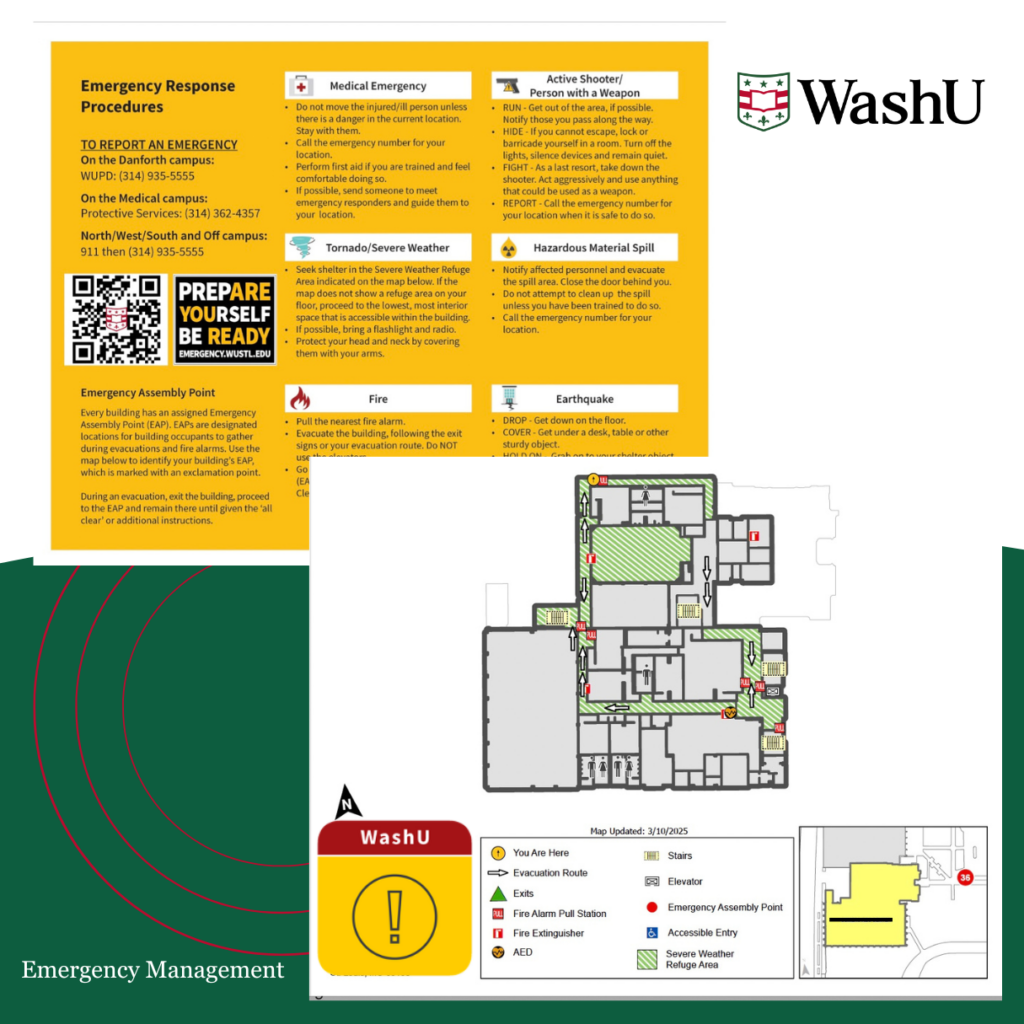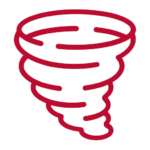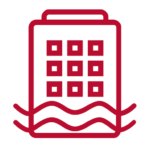Summer heat is on the way—are you prepared to stay safe, stay cool, and stay WashU Ready?☀️
Spring is almost here! 🌷 As the grass turns greener and the trees begin to bloom, it’s a great time to enjoy the season and refresh your safety preparedness. Here are some key tips from the WashU Ready Team to help you stay safe and ready this spring!
Tip 1: Download the WashU Safe App
Be ready for any situation! The WashU Safe App provides instant access to emergency contacts, campus alerts, and safety resources. Stay connected, stay safe!
Tip 2: Stay Situationally Aware
Spring means more outdoor activities! Whether you’re walking to class, studying outside, or attending an event, stay alert, trust your instincts, and report anything suspicious.
Tip 3: Be Weather Aware
Spring weather can be unpredictable! Sign up for WashU Alerts, know where to take shelter during storms, and stay informed on severe weather conditions.
Tip 4: Stay Hydrated & Be Allergy-Ready
Warmer temperatures are here! Drink plenty of water, dress appropriately, and if seasonal allergies affect you, take precautions so you can enjoy the season.
Enjoy spring while staying prepared! Let’s make this season safe, fun, and WashU Ready! #WashUReady #SpringIntoPreparedness #StaySafe




KNOW WHERE TO GO – SEVERE WEATHER SAFETY
The WashU Ready team urges everyone to check the building maps located near exits and elevator lobbies. These maps provide valuable emergency resources, but today, we encourage you to identify the Severe Weather Refuge Areas in your building. In the event of severe weather, knowing your designated shelter location can keep you safe.
Hazard preparedness
Explore information for the specific hazards that are most likely to impact the WashU campuses:












The WashU Emergency Management Department’s Mitigation Program regularly and systematically utilizes resources to lessen the impact of an emergency or disaster on campus with risks identified in the Hazard Identification Risk Assessment (HIRA).
The Mitigation Program provides technical assistance through the implementation of applicable codes and ordinances, as well as tracking ongoing loss and repetitive loss from hazards. The Mitigation Program’s goals are to minimize building vulnerabilities of WashU facilities to hazards, reduce hazard vulnerabilities for faculty, staff, students, and visitors on WashU campuses, and to promote awareness and involvement through risk reduction activities, education, and outreach to the WashU community.
NOAA All – Hazards Weather Radio
The National Oceanic and Atmospheric Administration (NOAA) All-Hazards Weather Alert Radio is a quick way to receive weather warnings and information, providing advanced warnings for protective actions before an emergency. Recommended models with Specific Area Message Encoding (S.A.M.E) technology, such as the Midland Radio WR120 and WR300, can be purchased through Workday. The WR120 can be programmed to receive alerts for specific counties, while the WR300 also allows customization of the types of hazard alerts received. For more information, please visit the NOAA website.
Weather
Road Conditions
Ready.gov
National public service site and resource to assist people in preparing for and responding to both natural and man-made disasters.
Build a Kit
Assemble your own emergency preparedness kit.
